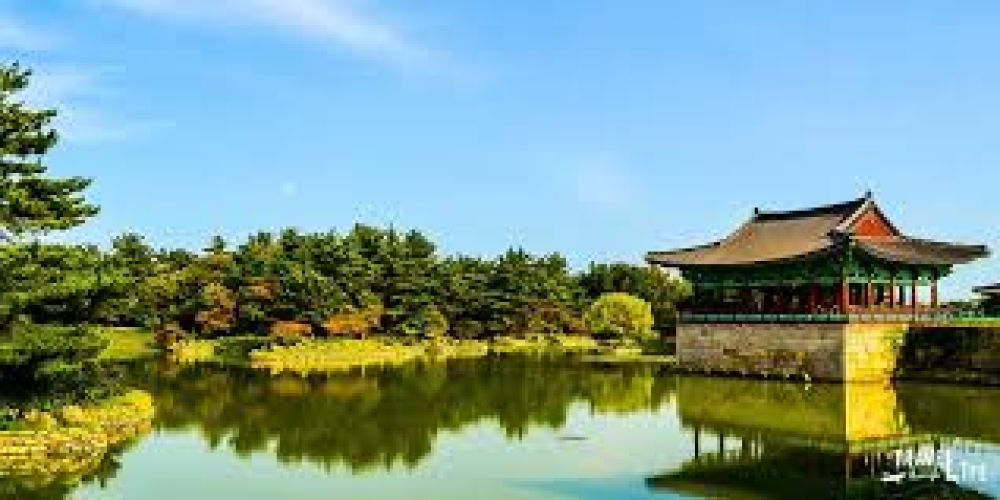

Nestled in the heart of Gyeongju, the ancient capital of the Silla Dynasty, Anapji Pond is a testament to the rich history and cultural heritage of South Korea. Originally named Wolji Pond, meaning "pond where the moon lingers," this man-made body of water was part of the palace complex of ancient Silla, constructed under King Munmu in 674 AD.
Tourism in Gyeongju and at Anapji Pond began to flourish in the 20th century, as South Korea started to embrace its historical significance and promote its cultural assets. Anapji Pond, with its historical pedigree, became one of the essential stops for visitors exploring the rich tapestry of Korean history and tradition.
In the 1970s, efforts to restore the site to its former glory marked a significant turning point in its tourism history. Excavation and reconstruction work led to the discovery of thousands of artifacts, providing further insight into the splendor of the Silla period and drawing greater international attention.
Today, Anapji Pond is an integral part of the Gyeongju Historic Areas, a UNESCO World Heritage Site, and continues to be a popular destination for both domestic and international tourists. The latest tourism trends showcase a growing interest in experiential, historical, and cultural tourism, with visitors seeking to immerse themselves in the authentic atmosphere of Korea's bygone eras.
The night-time view of Anapji Pond, with its stunning traditional architecture reflected on the serene water surface, has established the site as a premier photographic spot, drawing in visitors, photographers, and influencers from around the world. Furthermore, the integration of modern technology, such as augmented reality (AR) tours, offers a unique blend of ancient history and contemporary innovation for an enhanced visitor experience.
The preservation of Anapji Pond and its surroundings remains a priority to ensure the sustainability of tourism in the area. As part of conservation efforts, careful management of visitor numbers and environmental practices are consistently updated and enforced.
Looking to the future, there is an ongoing initiative to not only maintain the integrity of the site but also to incorporate educational programs that enrich the tourist experience. These programs aim to foster a deeper understanding and appreciation of Gyeongju's historical legacy and the profound cultural significance that Anapji Pond holds.
Anapji Pond will continue to enchant visitors for generations to come, serving as a bridge between the past and present and an iconic symbol of South Korea's cultural grandeur.